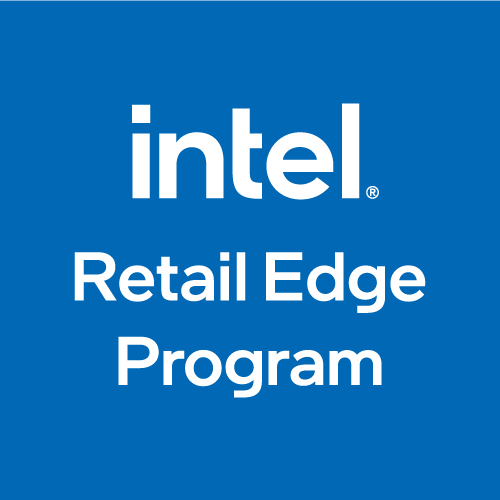9/4/18

Despite increased efforts to reach out to new and existing customers via in-store apps, beacons, or digital displays along with omnichannel marketing efforts, retailers may miss out on straightforward methods to increase relevance to their customers.
When customers research products online via retail portals, review sites, or Wikipedia*, they are shopping in a streamlined, personal manner. They perform research in their leisure time, at home over their morning coffee, or during their lunch hour and in flexible intervals of minutes or days.
Surveys consistently show, however, that the majority of customers prefer completing product verification and purchase in a physical store where they can touch, feel, smell, and test products in ways an online retailer cannot fulfill.
An essential part of this final stage is taking advantage of sales associates' in-depth product knowledge, especially for PCs and other technology products.
Online research provides superb relevance to customers because it offers them total flexibility and control. Brick-and-mortar retailers who fail to extend this experience across the store's threshold risk adding complexity that sours the shopping experience.
Well-prepared customers often feel impatience, anxiety, and frustration when sales associates are not sensitive to their level of knowledge and feel compelled to launch into lengthy, perhaps irrelevant explanations about PCs in general and the many products on their shelves, which the shopper has already discovered for themselves.
At best, the sales associate has likely killed add-on sales as the customer is now itching to get to the checkout. At worst, the customer leaves to complete their purchase online.
Customers not armed with in-depth research who enter your store also crave simplicity. They depend on sales associates with in-depth product knowledge to help them quickly sort out product categories and get to specific products such as an Intel-powered thin and light laptop that would be ideal for upcoming travel.
To these customers, sales associates may provide useful, expansive descriptions but only after gently probing their prior knowledge with pertinent questions that facilitate a relevant product narrowing process.
Such questions should acknowledge individual customer criteria such as specific features or price. Well-trained associates also keep customers engaged while steadily progressing toward a sale.
Customers' PC shopping experiences can be streamlined the moment they enter your store by various methods such as in-store apps, beacons, or information kiosks. These kiosks may offer customers a similar experience to at-home online research plus additional benefits:
Speeding up your customers' PC shopping experience is further enhanced by providing sales associates with the ability to process on-the-spot payments, set up product delivery, or process returns.
Clearly, the key to customer satisfaction is a well-informed sales associate who quickly answers questions, validates customer preferences, and closes the sale. An in-store journey that emulates the expediency of the online experience will build loyalty and attract new customers.
The Intel® Retail Edge Program provides an engaging and interactive environment where sales associates learn about Intel® products and technologies, interact with other associates, and earn rewards. Find out how their participation creates more successful shopping journeys for your customers and more success for them on the salesfloor.
References:
*Other names and brands may be claimed as the property of others.
©Intel Corporation 2018. Intel, the Intel logo, Intel Retail Edge Program, and Intel Retail Edge Live are trademarks of Intel Corporation or its subsidiaries in the U.S. and/or other countries.
